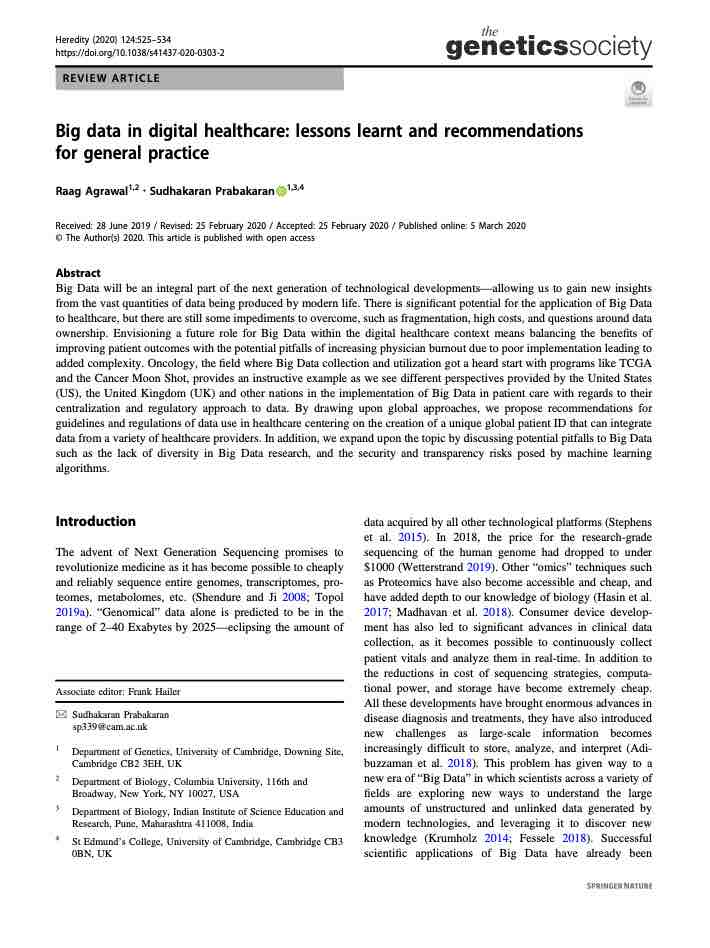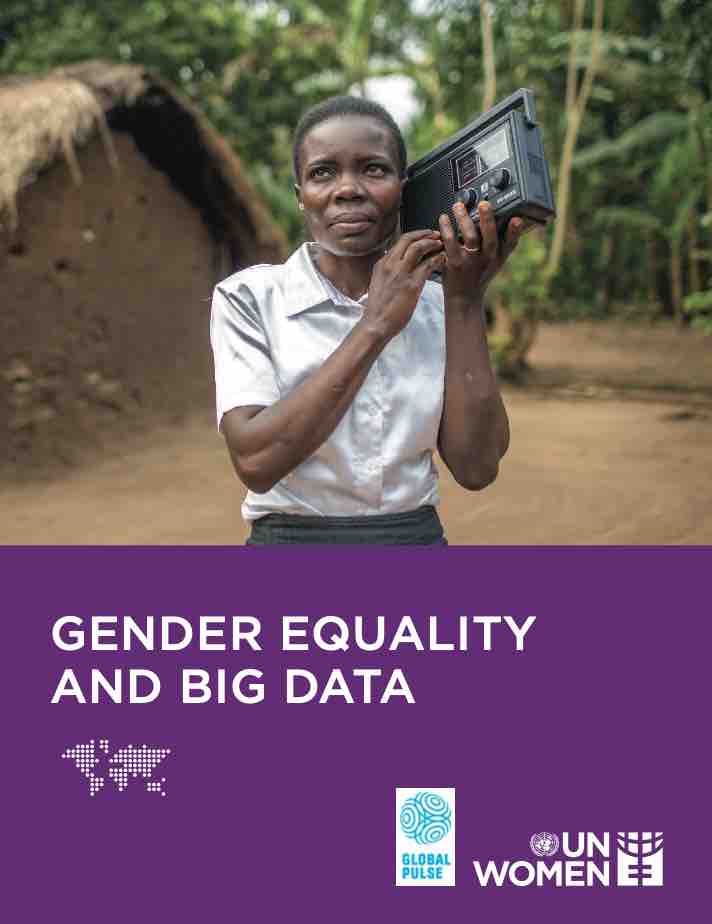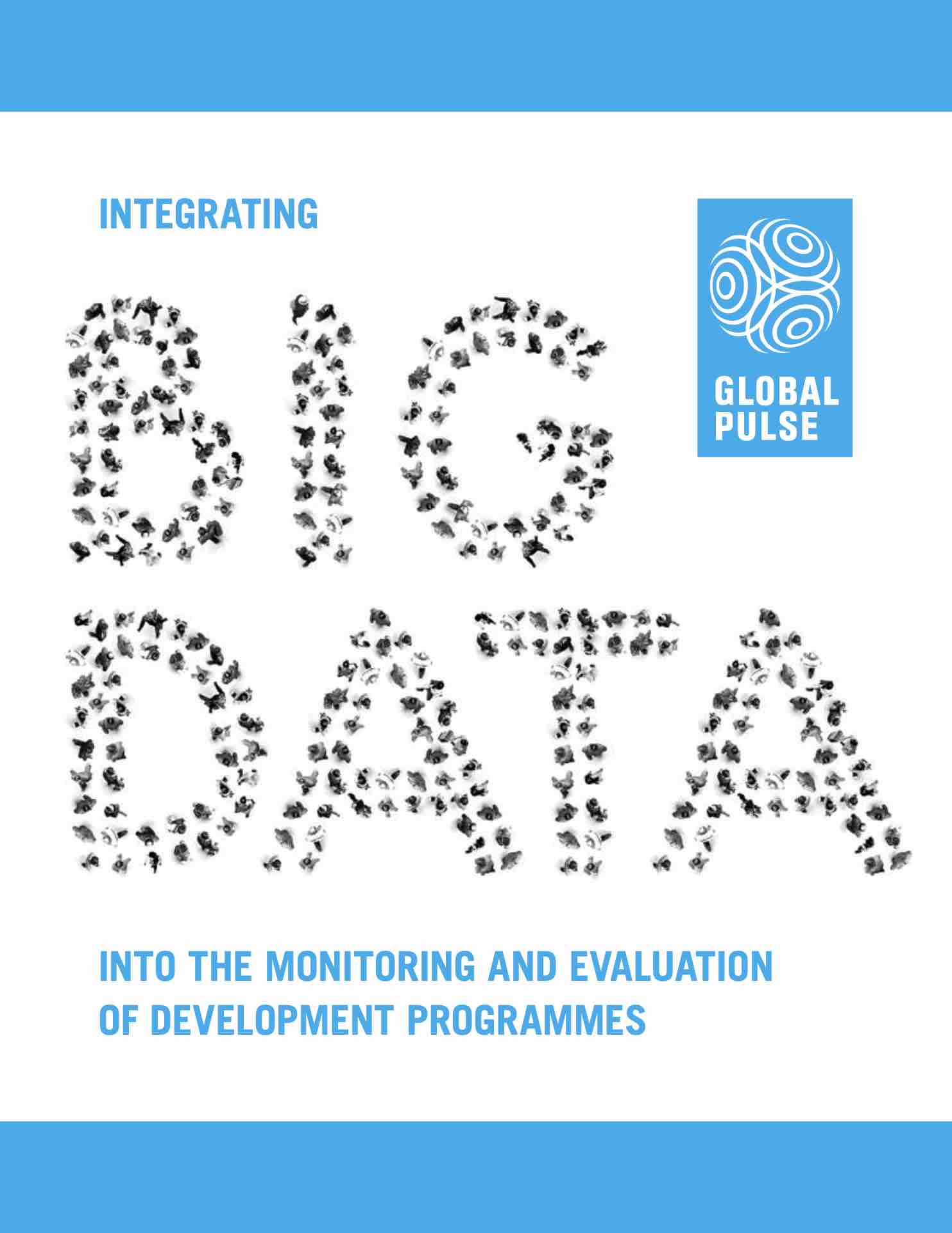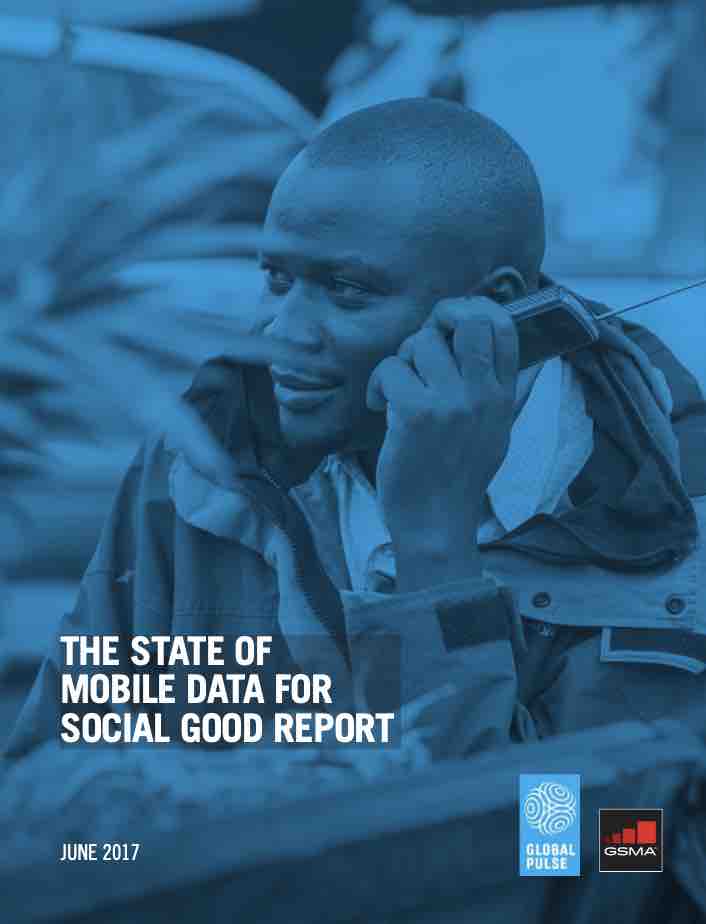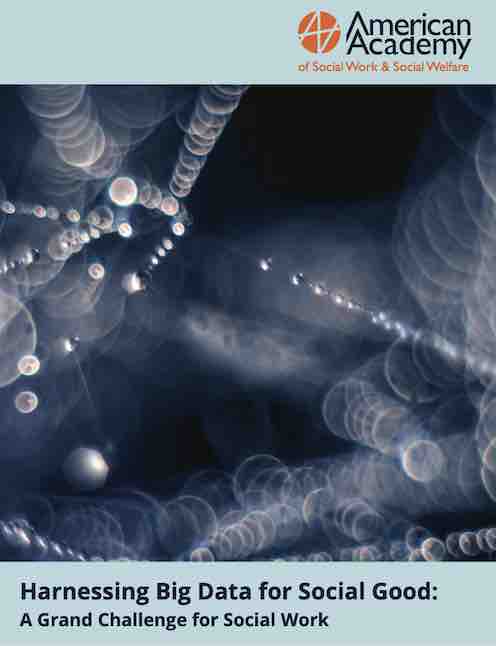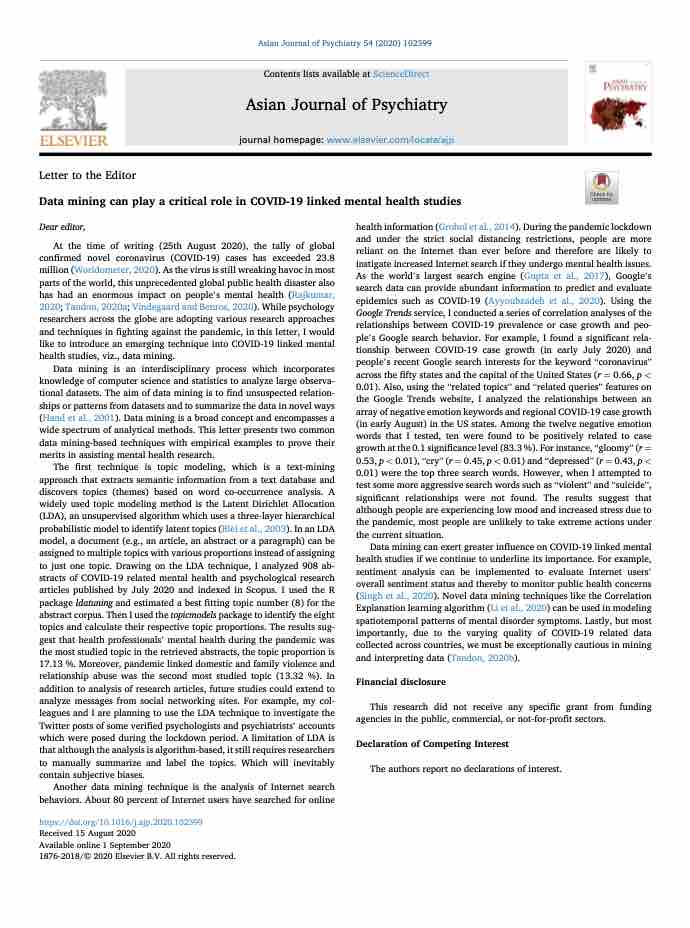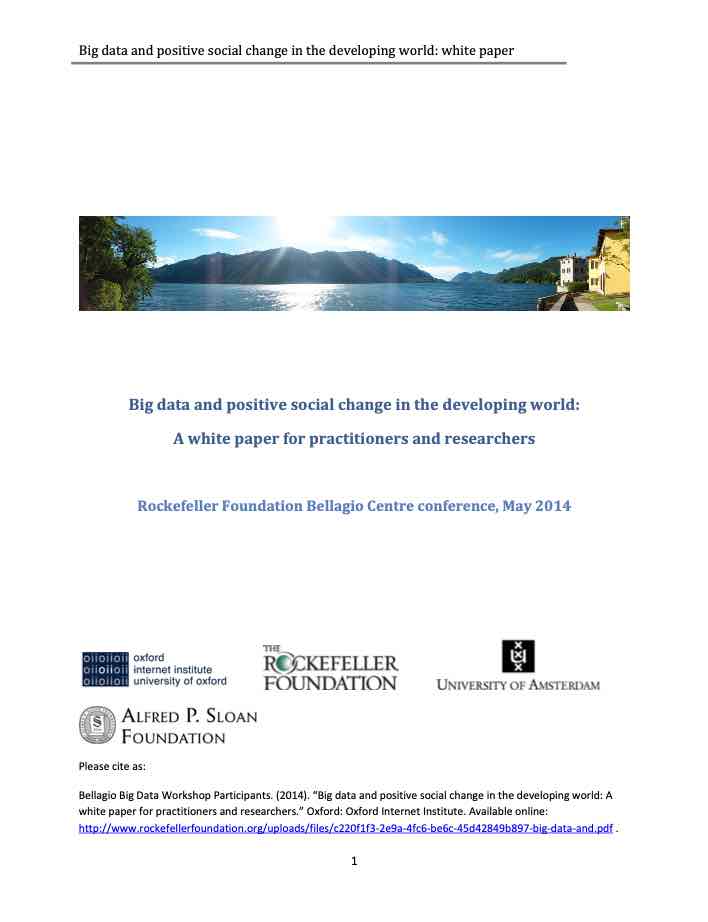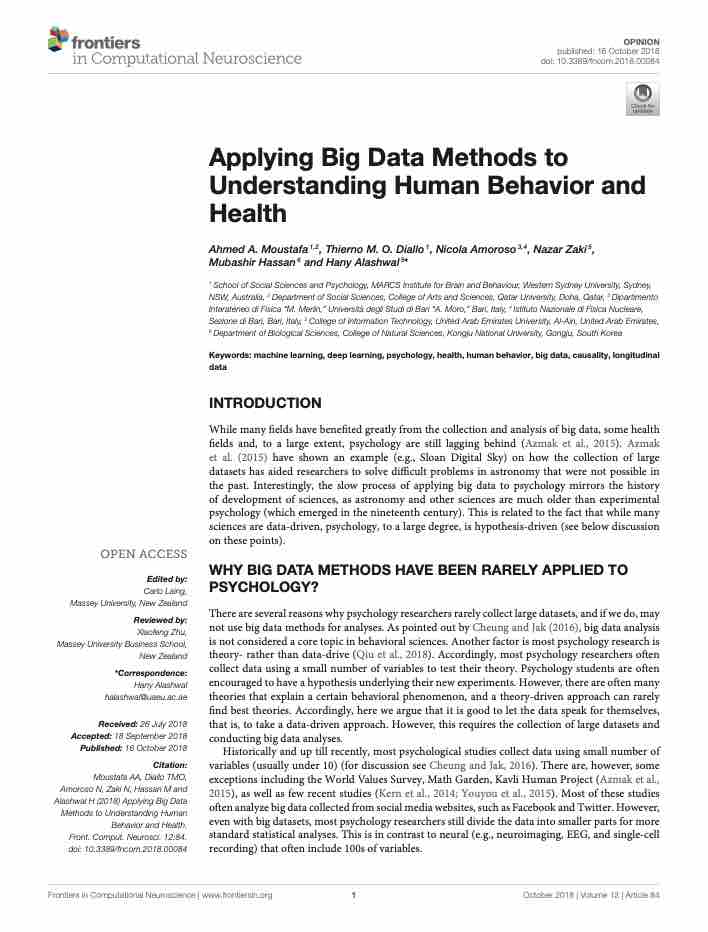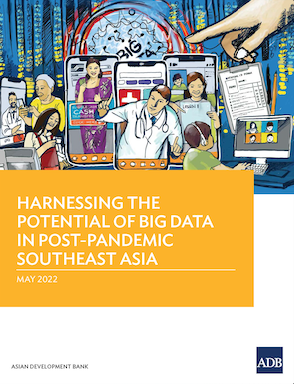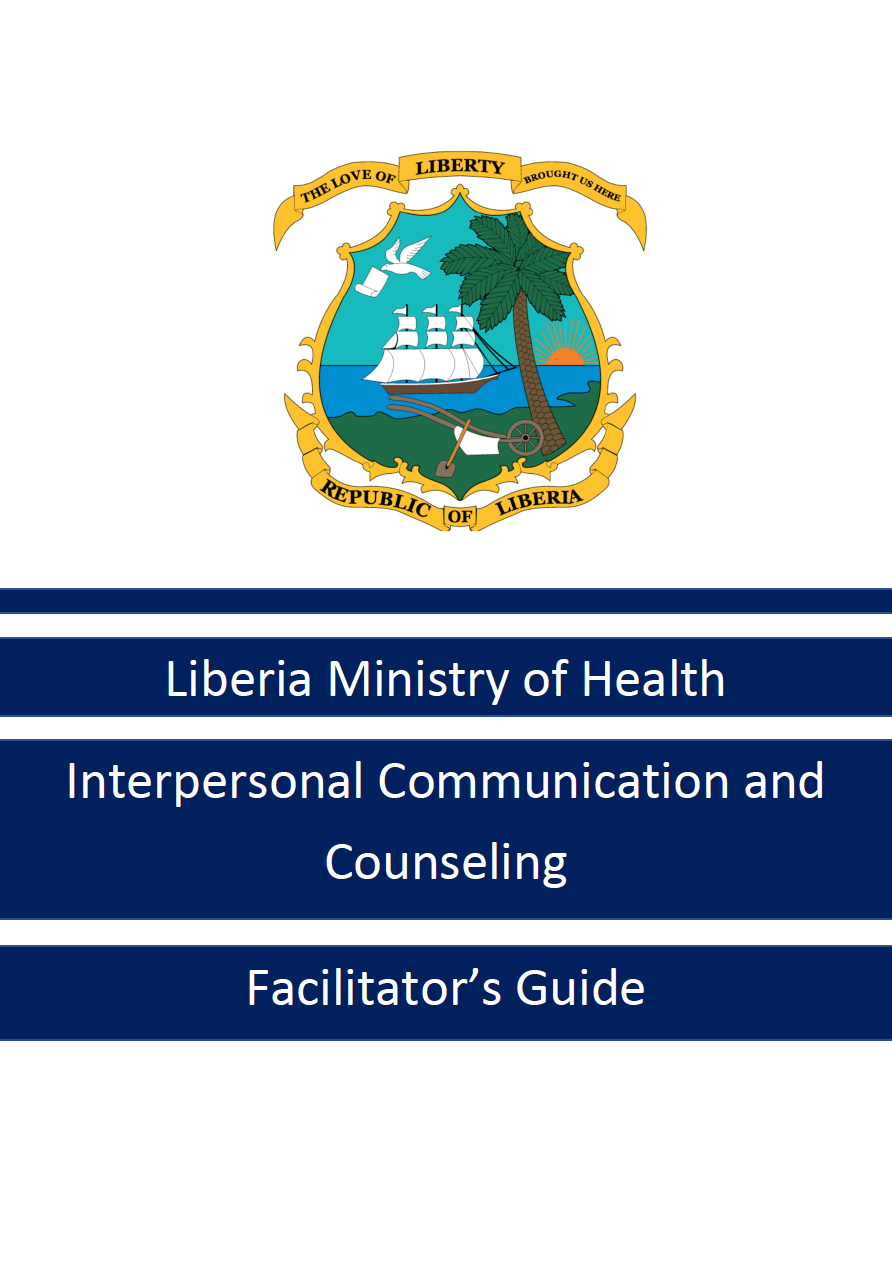Liberia Interpersonal Communication and Counseling Curriculum
To be effective and trusted, health providers must show empathy and the ability to effectively communicate with their clients. Technical competence plays a large role in delivering high-quality care; however, additional factors identified as affecting the quality of care delivered by health providers include their communication skills, values, beliefs, attitudes, knowledge, perceptions of their role, social and workplace norms, structural context, and level of supervision.
The interpersonal communication and counseling (IPCC) curriculum was developed by a multidisciplinary team from the Liberia Ministry of Health (MOH) along with its national and international development partners and in collaboration with Breakthrough ACTION Liberia. This IPCC curriculum focuses on building skills related to communication, empathy, and compassion in order to support service providers in delivering more effective and responsive care. Building a service provider’s communication and counseling skills will lead to a better understanding of a client’s perspective, improved relationships between providers and clients, and ultimately, a greater sense of trust and confidence in the health system.
This training manual is designed for health providers who are in contact with clients at health facilities in Liberia. It is an interactive training manual that teaches counseling, communication, and motivation skills using hands-on practices such as problem-solving, post-training coaching and mentorship, self-reflection, peer review, and visual reminders. These approaches aim to build skills that will promote health provider empathy for clients, improve client-provider interaction, client experience, quality of care and ultimately improve health outcomes.
Curriculum Resources
Source: Johns Hopkins Center for Communication Programs
Date of Publication: February 15, 2023

